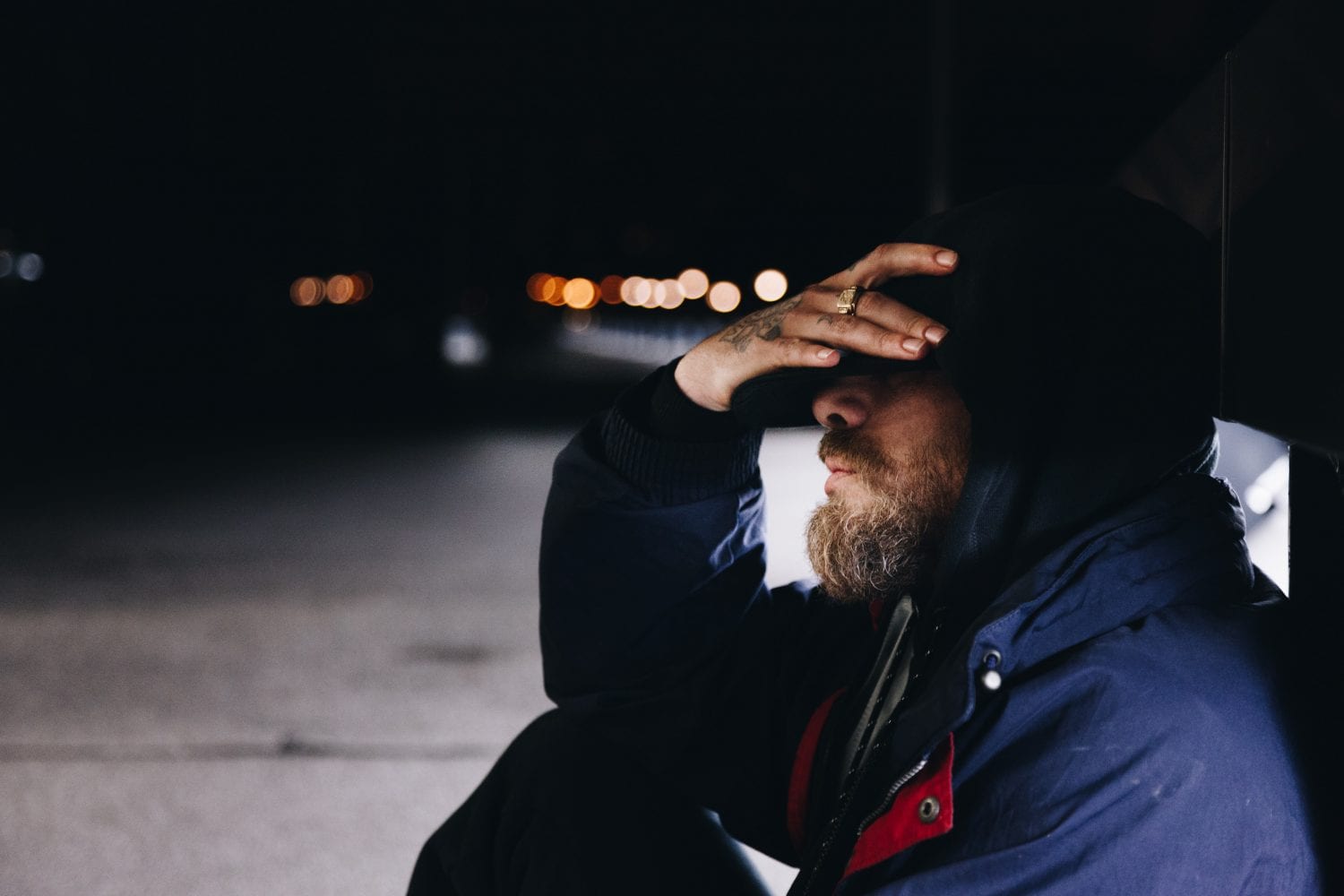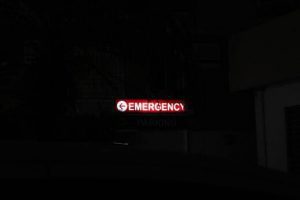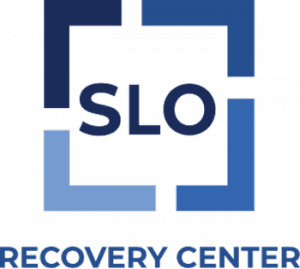
The Centers for Disease Control and Prevention (CDC) recently published its ever-more grim overdose statistics, and it’s not looking good. The data set is published annually and tracks the previous year’s deaths attributable to overdoses as well as the location those ODs occurred and what drugs are involved.
As early data suggests, 2020 was staggeringly deadly. Alongside the catastrophic pandemic, overdoses raged as never before. Consider the statistics reported by the CDC:
Overdose deaths spiked significantly in 2019, as compared with 2018, which itself was the deadliest year yet on record. In 2019, 67,367 people died, marking a nearly 5 percent increase, according to the CDC. Their early data, however, suggests that 2020 is set to be even deadlier than 2019—and set a new, heartbreaking record for the deadliest year ever recorded for drug overdoses in the US.
According to CDC estimates, 81,230 drug overdose deaths occurred from June 2019 to May 2020. The largest uptick was recorded from March to May of 2020—just when the pandemic began, along with the associated economic disaster, lockdowns, and social distancing.
Heath authorities are clearly concerned as they recently issued a health alert that noted a “concerning acceleration” in overdose deaths for 2020, for which complete data will only be compiled sometime in 2021.
What’s Driving the Overdose Numbers?
The year 2020 was legendary for the difficulties and hardships associated with it. As we reported early in the pandemic, everything that made the year hard for people everywhere took an exceedingly brutal toll on people with substance use disorder. The coronavirus pandemic brought with it unprecedented stress due to job loss, isolation, grief, and uncertainty.
People lost loved ones, their jobs, their homes, and their sense of security. Even the most trusted stress coping mechanisms were stripped away: stuck indoors, people couldn’t exercise, see friends, or access health services or recovery meetings.
There was also a reported increase in overdoses that could have otherwise been
avoided, yet have been deadly. Because of strict social isolation orders, many people found themselves using alone—leaving no one to call 911 or administer a life-saving dose of naloxone in the event of an overdose.
Fentanyl Continues its Deadly Reign
Fentanyl, the extra-potent opioid, has been at the heart of many record-breaking statistics. We have watched the synthetic opioid become more prevalent in recent years, showing up in everything from heroin to Valium pills.
For most of its time on the scene, fentanyl has largely remained a scourge on the East Coast and Midwest. As heroin supplies on the West Coast are mostly comprised of the notorious black tar variety, it was harder to mix in the synthetic white powder Fentanyl. Health authorities watched with concern for years for the day when the drug finally found it’s way to the West Coast. Indeed, that day seems to have arrived and opened the door for a new level of crisis.
In San Francisco, for example, the CDC’s reporting indicates that more people have died from ODs than COVID-19. The city’s OD rate in 2019 jumped 40 percent, from 441 overdose deaths in 2019 as compared to 621 in late 2020.
Health experts are so concerned in fact, that they’ve begun to refer to this latest wave in the opioid crisis as a tsunami.
Concerns have only mounted that struggling state budgets, overwhelmed health facilities and the enduring damage from the COVID-19 pandemic will make it harder for those in need of help to access the services they seek.
There is a Solution
At SLO Recovery, we believe there is a way out from the endless, painful cycle of substance abuse and relapse. We believe with the right help and support, people can find a way out and build lives that are happy and meaningful. We offer comprehensive, evidence-based solutions for people who are ready for a fresh start.
By providing patient-centered care and focusing on the individual needs for treatment, services, and therapeutic interventions, we can best serve every individual. At SLO Recovery Center we recognize that drug addiction and alcoholism is a complex disease that requires a comprehensive and unique approach for every person. We offer an integrated care approach focusing on substance use disorders, mental health conditions, and/or co-occurring behavioral health conditions.
- Individualized interventions
- Biopsychosocial assessments
- Psychiatric evaluations for mental health
- Individual sessions every week with a primary counselor
- Individual sessions for mental health
- Medication management and 3rd party management of pharmacotherapy
- Drug and alcohol screenings and labs
- Group counseling and therapy
- Untangling dysfunctional family systems/family therapy
- LGBTQ affirmative counseling
- Facilitation to outside community support meetings
- Trauma-Informed Care
If you or someone you care about needs help with substance abuse disorder, mental health issues, alcoholism, or addiction, reach out.
Evidence-Based Recovery in Portland
We have assembled an unrivaled team of counselors, therapeutic and administrative professionals. Together, we bring decades of experience in connecting people with real solutions and lasting change. We are more than just clinicians, counselors, and mentors. We are driven by a fundamental belief that change is available to anyone who wants it and is willing to work for it. Our role is to help people find the solutions they seek, by closing the gap between rehab and real life. We share a heartfelt commitment to helping people get free of whatever has been holding them back, so they can live a life they are truly proud of.


